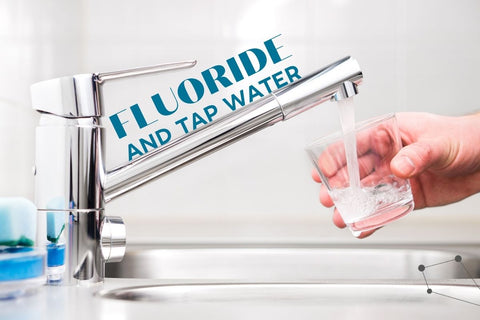What is fluoride? Is it naturally found in water and food sources?
Fluoride is a negatively charged ion of the element fluorine. As a naturally occurring element it is found in mineral salts contained in soil, rocks, plants, animals and natural water sources. However, the amount of fluoride found in naturally derived water is largely dependent on the composition of rock formations through which it drains. Rain water contains virtually no fluoride. Higher amounts of fluoride are naturally found in tea leaves, as well as cereals, grains, apples, almonds, milk and chocolate.
What are the proven health benefits of fluoride?
Consistent and reliable evidence shows that water fluoridation reduces tooth decay by 26 - 44% in children and adolescents and by around 27% in adults. The health consequences of dental decay are extensive and can lead to dental infection and pain, mouth abscesses, sepsis, poor diet, nutritional deficiencies, low self-esteem, reduced quality of life, and is associated with poorer general health outcomes including diabetes and cardiovascular disease.
How much fluoride is found in Australian tap water?
Australian health authorities recommend fluoridating tap water with fluoride at concentrations of 0.6 - 1.1 milligrams per litre.
What is the tolerable upper limit of fluoride recommended to prevent adverse health effects?
The tolerable upper level of fluoride intake in Australia is 10mg per day. To exceed this level from tap water consumption one would have to consume more than 10 litres of water per day.
Does fluoride affect the taste of tap water?
Fluoride has no taste or smell and does not affect the taste of water.
For further information:


